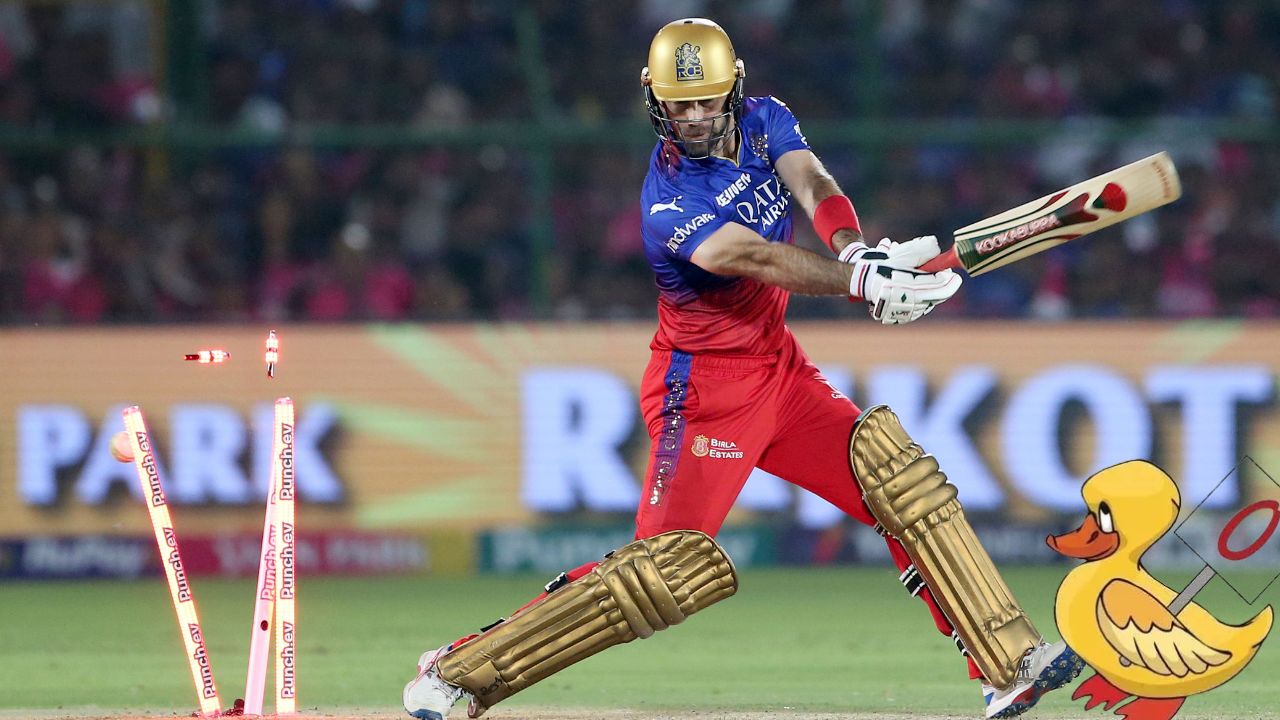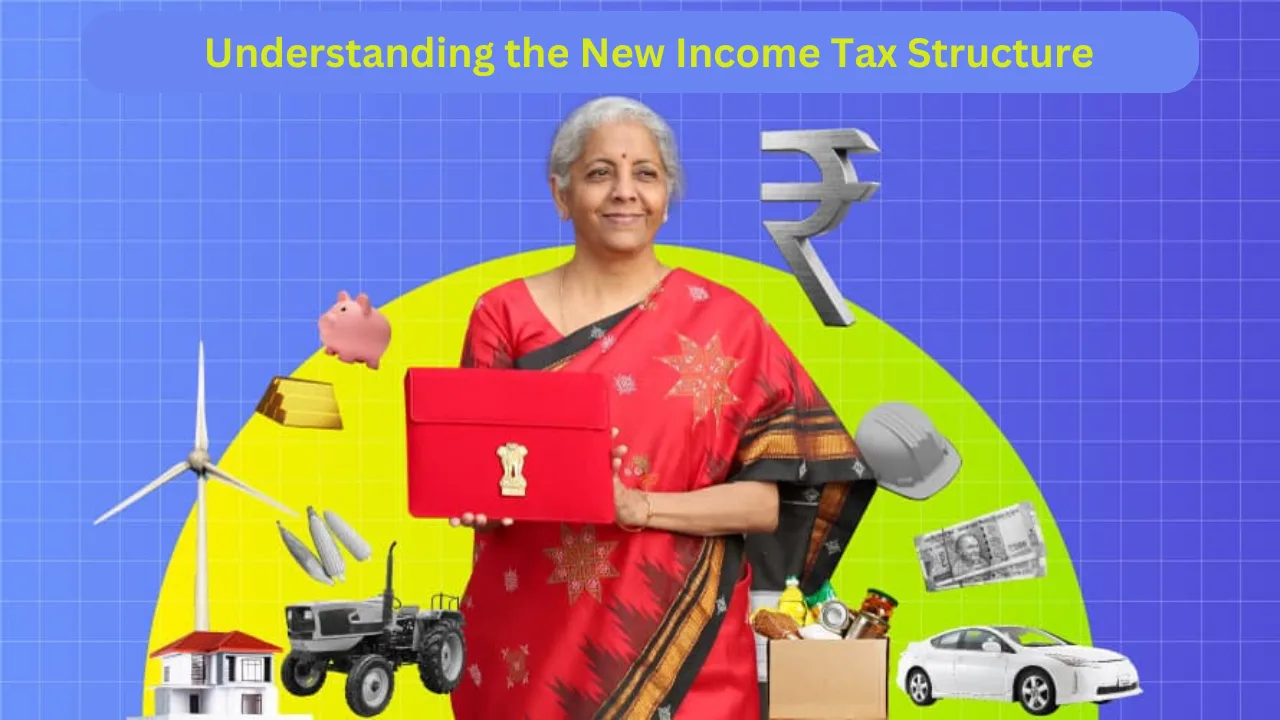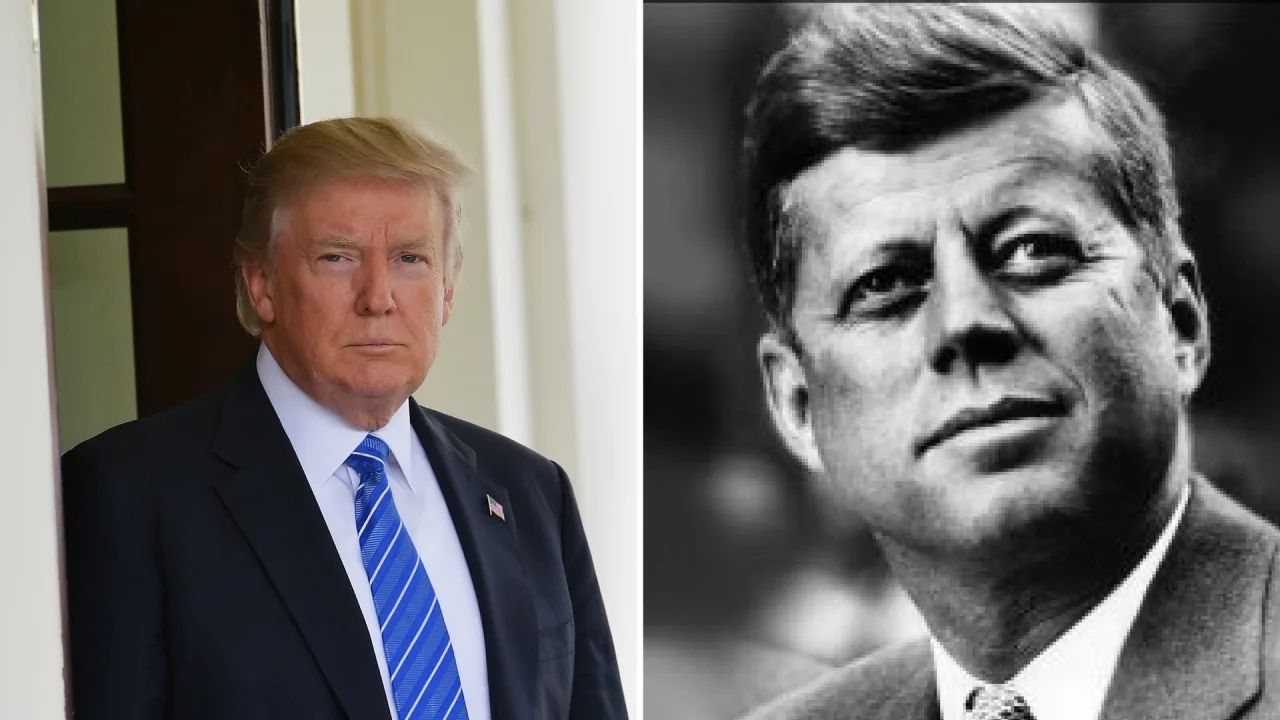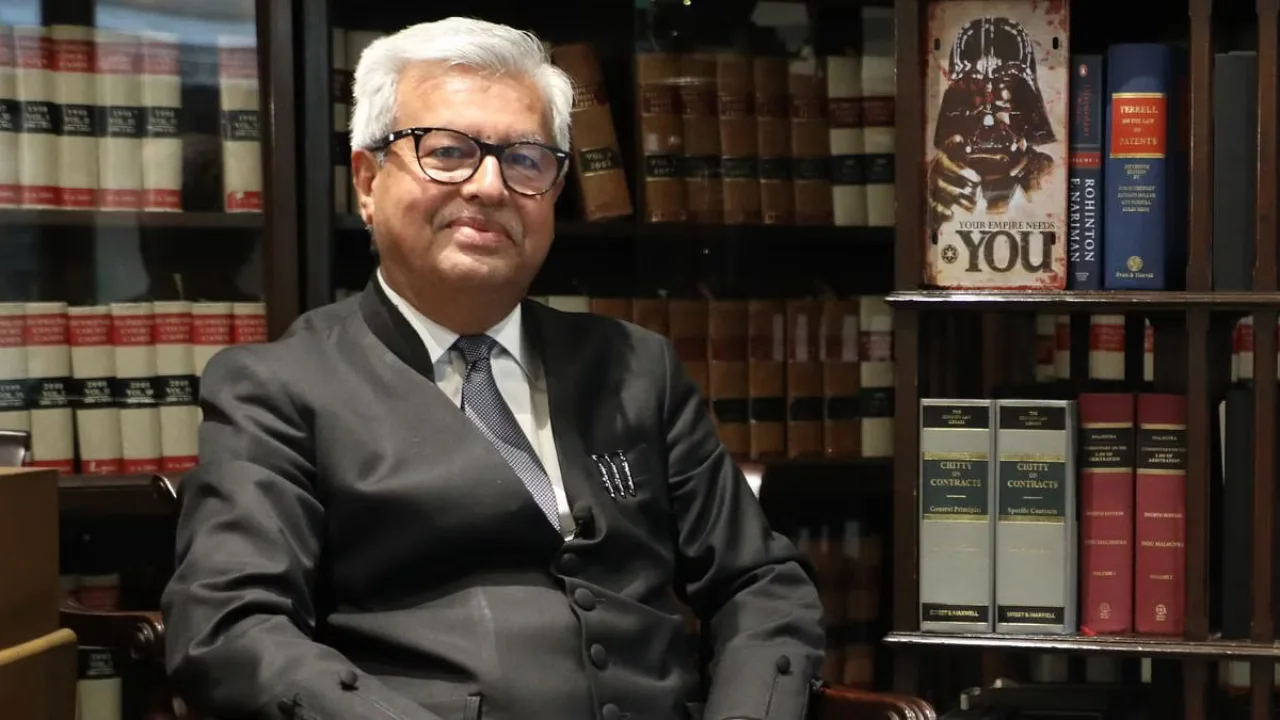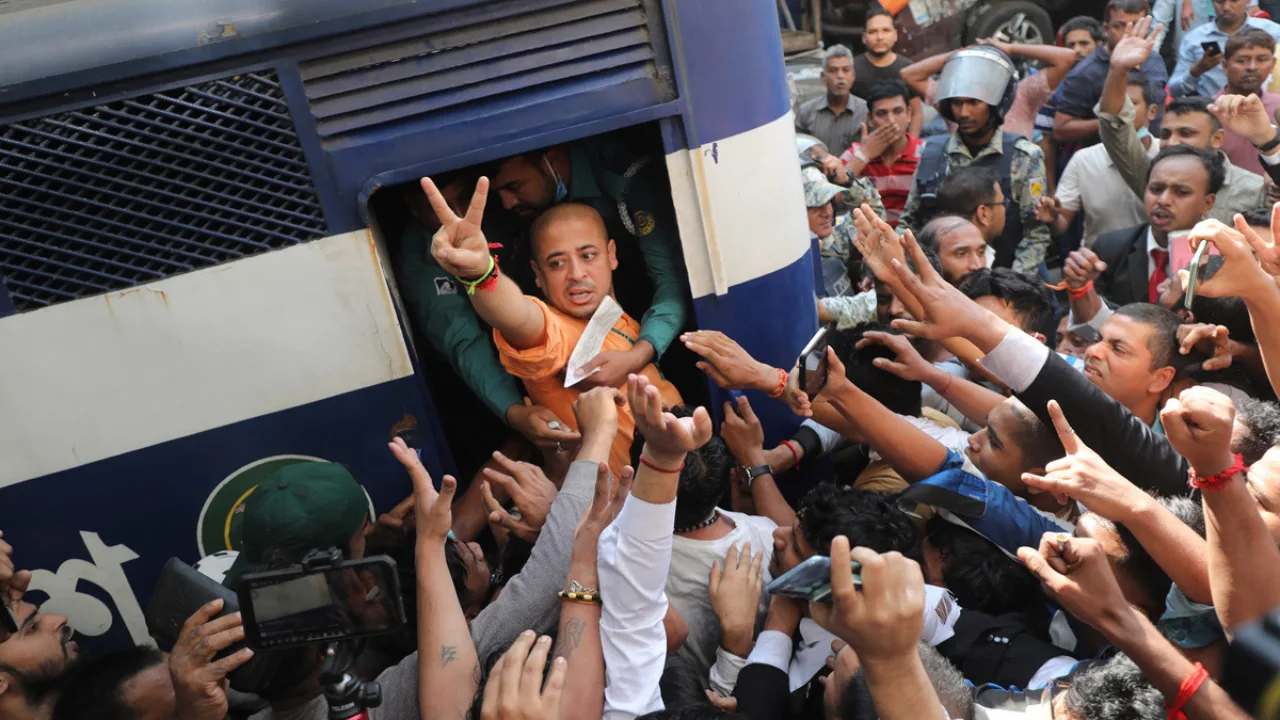Have you ever heard of the term: the duck. Of course, you must have heard of it. The one, with the quack quack sound. Right? Do you know, that duck is being used in cricket? Yes, you’ve heard it right. Quite unusual, but in cricket the term ‘duck’ has been in use since the nineteenth century. Let’s deep dive into the meaning, usage, history, and varieties of it.
What is ‘duck’ in cricket?
If a batter is dismissed without bothering the scorers i.e., if a batter is dismissed on zero, then it is said that they are out for a duck. Usually, the batter’s score reads 0 after the dismissal. It is one of the most embarrassing and unlucky cases of dismissals that every batter in the world tries to avoid. Why is it so? Every player arrives on the crease to score handy runs in a bid to contribute to the team’s total. Eventually, it will decide the fate of the team, whether they are winning or not. If a batter has dismissed on duck that defeats its purpose.
That was the story from the batter’s perspective, but for a bowler, there is no bigger joy as he scalped the wicket of the batter from the opposing team without letting him score any runs.
Unlike gully cricket, a duck is not a common phenomenon as the skillset and standard of batting are soaring high. Bowlers need to bowl their absolute best deliveries to fox the batter in order to get rid of opposition in professional cricket.
Who is credited with the origin of the term ‘duck’ in cricket?
The story of origin of the word ‘duck’ came into use is quite different as various accounts depict different stories. But the most accepted notion is that the term ‘out for a duck’ or ‘duck’ is used due to its resemblance to number zero. Yes, you read it right. The oval shape of the duck’s egg is the reason behind it. Not only in cricket, when a batter gets out without scoring a run in baseball, it is called a ‘goose egg.’
The historical reference of the term can be traced back to the nineteenth century when British Prince Edward VII used to play cricket. He was a cricket enthusiast who played the sport as well. During his school days, he played it frequently. Unlike his interest, his skills were not too good with the bat. He was quite bad at it and used to be dismissed often without troubling the scorers.
According to recorded details, the Prince was bowled out without scoring a run in a match between amateur I Zingari and Norfolk. The game was hosted in July 1866. The flop performance of the Prince of Wales didn’t go unnoticed as a reporter from the Daily Times was among the spectators. In his match report, he mentioned that Prince Edward had “returned to the pavilion for a duck’s egg” after he was dismissed on zero.
However, there is no clear evidence about the existence of the term before 1886, the phrase struck the cricket enthusiasts and became a common word that was used in games to be followed.
What are the different types of ducks in cricket?
In general, the term means a batter losing his wicket without scoring any runs in cricket. Interestingly, there are several variations of the word, which depict different methods of dismissals without scoring any runs.
In cricket, various types of ducks add color to the game:
Regular Duck: This happens when a batsman faces more than one delivery but gets out without scoring.
Golden Duck: If a batsman is dismissed by the first ball they face in an innings, it’s called a Golden Duck. For instance, Shahid Afridi has faced many golden ducks.
Diamond Duck: This occurs when a batsman is out without facing any legal deliveries, such as getting run out without facing a ball or getting stumped on a wide delivery.
Platinum Duck (or Royal Duck): When a batsman is out on the first ball of the match or the innings, it’s termed as a Platinum Duck.
Laughing Duck: If the last wicket of a team falls without any runs scored, it’s humorously referred to as a laughing duck.
Silver Duck: It is similar to a golden duck, but the batsman gets out on the second ball they face.
Bronze Duck: Like golden and silver ducks, but the batsman is out for zero on the third ball they face.
Titanium Duck: This rare occurrence happens when a batsman is out without facing a delivery, specifically on the first ball of their team’s innings. It’s uncommon because it’s rare for these circumstances to align.

